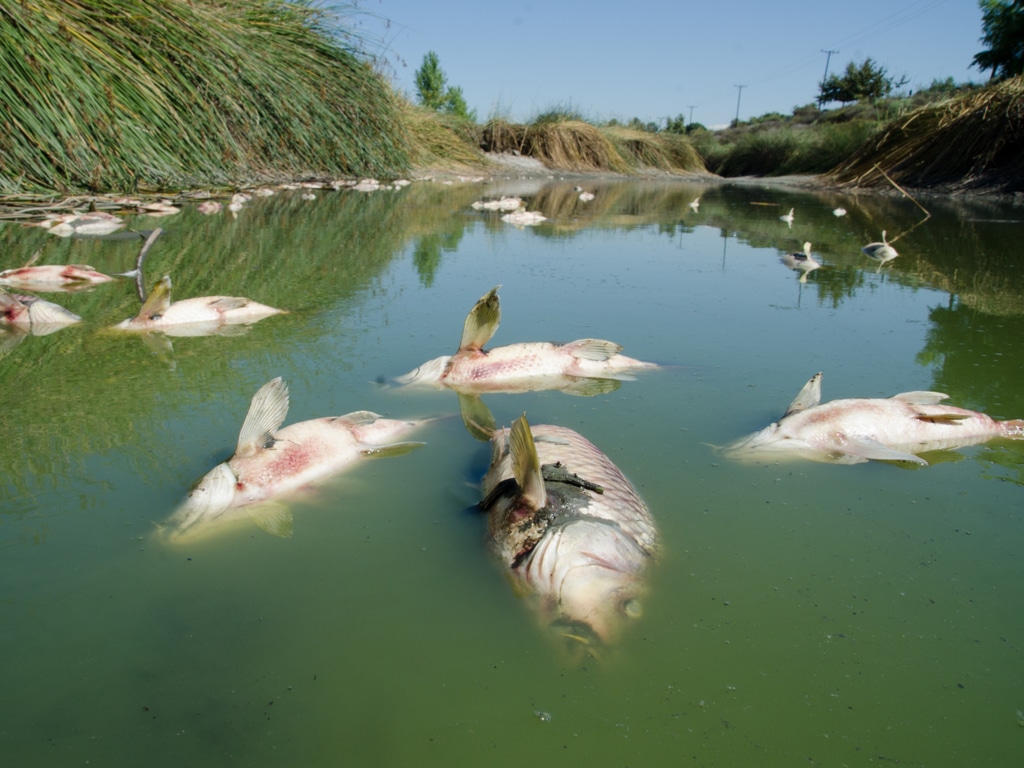The fight against illegal mining in Ghana could be taking a turn for the better thanks to the University of Mining and Technology (UMaT) in Tarkwa. The institution, located in the Western Region, has developed a process to speed up the clean-up of water bodies in the country.
The UMaT’s approach is simple. In each body of water polluted by illegal mining activities, the university suggests dropping large quantities of iron. This metal will fix and then crush the polluting particles directly in the water. “This environmentally friendly solution would be able to fix the particles that pollute the water bodies within a month or so. We have tested this process on a small stream in Tarkwa and it has proved to be effective in removing the pollutants,” says Richard Kwasi Amankwah, the vice-chancellor of UMaT.
Preserving water and forest resources
The UMaT process will also help preserve aquatic animals. Among the most polluted water bodies in Ghana are the Pra, Daboase, and Ankobra rivers in the Western region of the country, as well as the Birim River in the Eastern region of Ghana.
Illegal mining activities are also one of the causes of land degradation in Ghana. According to Emmanuel Agyemang Dwomoh, the Deputy Director General of Agronomy and Quality Control at the Ghana Cocoa Board (COCOBOD), more than 5,000 hectares of cocoa land were recently destroyed in the North West Region of the country due to mining activities. Emmanuel Agyemang Dwomoh gave an update on the situation on the side-lines of the second day of the National Consultative Dialogue on Small Scale Mining.
Read Also GHANA: the government acquires 3 ships for waste collection in Oti
In response to the urgency of the situation, the Ghanaian government has banned mining in forest reserves and water bodies from April 30th, 2021. Ghana’s Minister of Lands and Natural Resources, Samuel A. Jinapor, recently handed over to local authorities a list of companies holding exploration and/or reconnaissance licences and mining rights in forest reserves. The ministry then plans to implement projects to desilt and restore Ghana’s polluted water bodies.
Inès Magoum
